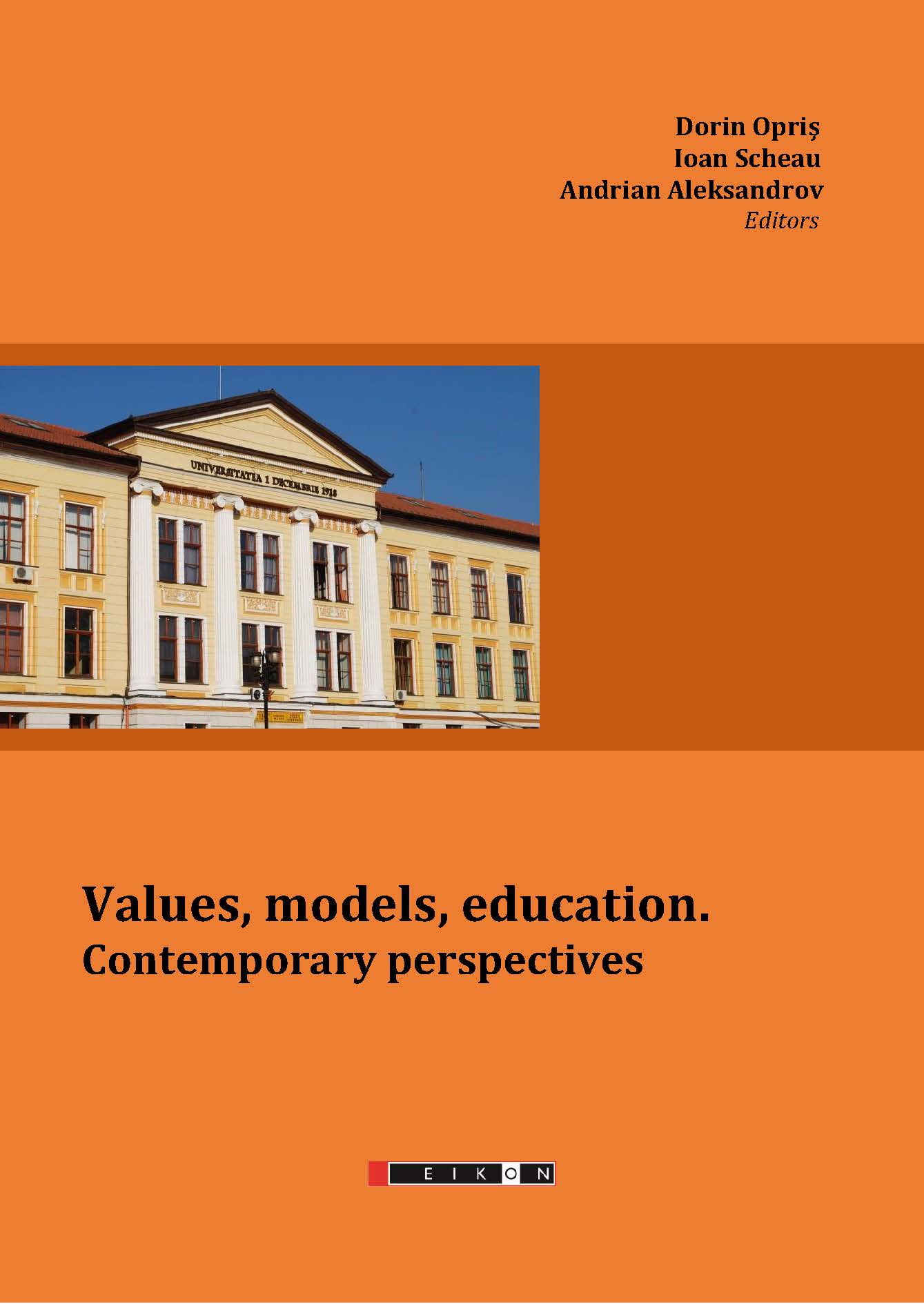HOW FUTURE TEACHERS FOR PRESCHOOL AND ELEMENTARY SCHOOL UNDERSTAND AND USE INQUIRY TEACHING AND LEARNING?
HOW FUTURE TEACHERS FOR PRESCHOOL AND ELEMENTARY SCHOOL UNDERSTAND AND USE INQUIRY TEACHING AND LEARNING?
Author(s): Cristina Florina Pop, Liliana Ciascai
Subject(s): Social Sciences, Education, Sociology, Preschool education, School education, Methodology and research technology, Pedagogy
Published by: Editura Eikon
Keywords: inquiry; cycle; learning environment; testing; research;
Summary/Abstract: Inquiry-based learning is considered a learning framework valued by researchers but less used by teachers, despite the fact that it has been promoted since the mid-19th century. Teaching by investigation includes methodological approaches specific to scientific inquiry, such as asking questions, documenting, testing personal ideas, solving problems, and concluding. There is no single framework for teaching by investigation, the inquiry approach being modeled by practitioners according to the proposed goals. The aim of this study is to investigate how future teachers for elementary and preschool education, involved in a distance training, design an inquiry-based learning model. The topics studied were left to the students' choice. The sampling was convenient, with 124 subjects participating in the research. The tool used in the research was an inquiry-based learning activity analysis grid. The obtained results show that the steps of formulating the assumption / hypothesis and of designing the testing of hypothesis are the most deficient. Participants face difficulties in formulating hypotheses and in substantiating them on the results of primary documentation or in correlating them with research questions. Furthermore, the testing is not correlated with the assumption or hypothesis made.
Book: Values, models, education. Contemporary perspectives
- Page Range: 27-32
- Page Count: 6
- Publication Year: 2022
- Language: English
- Content File-PDF

